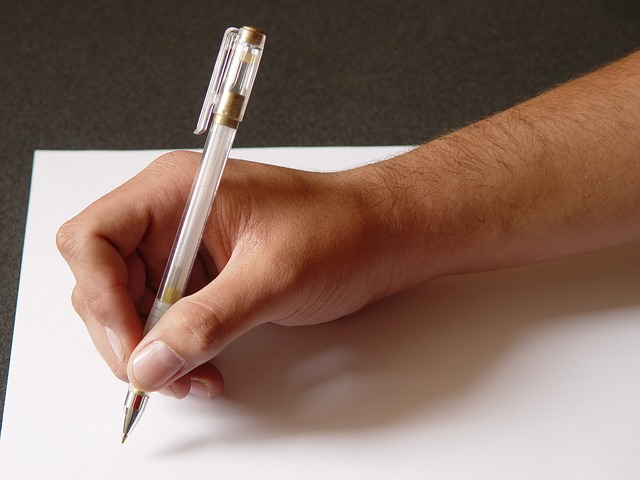What is Reflective Practice
In order to provide the best possible care for children you should be aware of the term ‘reflective practice’. This enables you to analyse previous activities and improve and develop them, making them more challenging.
To get the best results for children you need to focus on going that extra mile, rather than settling for doing just what you have been told to do. This will help increase your skills and understanding as a reflective practitioner. It also helps further your own personal goals.
As a reflective practitioner, you will:
- Think about how you work
- Acknowledge your strengths, but also recognise your weaknesses
- Consider the impact your actions have on children and their families
- Review your methods to improve the quality of your practice
- Identify and resolve problems
- Be open to listening and trying out new ideas
So, what you can do?
One way to reflect on your thoughts and feelings is to keep a diary. This way you can jot down the activities for the week with your aims and conclusions etc.Gibbs’ reflective cycle (1988) can be really useful in making you think through all the phases of an experience or activity:
Description – what happened?
Feelings – what were you thinking and feeling?
Evaluation – what was good and bad about the experience?
Analysis – what sense can you make of the situation?
Conclusion – what else could you have done?
Action plan – if the situation arose again, what would you do?
Reaping the benefits
The process can be long winded however, it is in your best interest to do so. It will allow you to check whether your work practices are correct and whether you can change anything to improve the outcome for the children.Taking part in reflective practice has the added advantage of making you more efficient in your role and provides evidence to Ofsted that you are constantly trying to improve quality of care at your setting.

